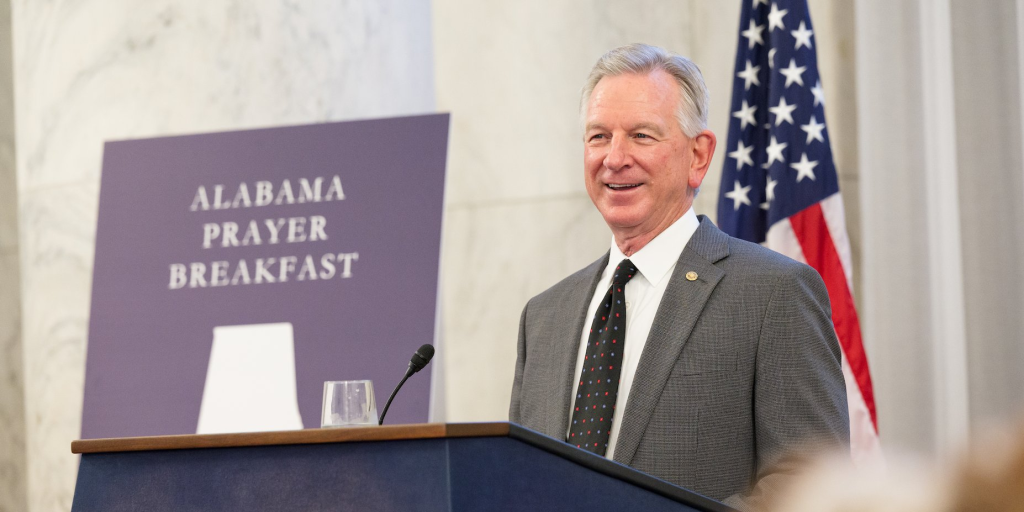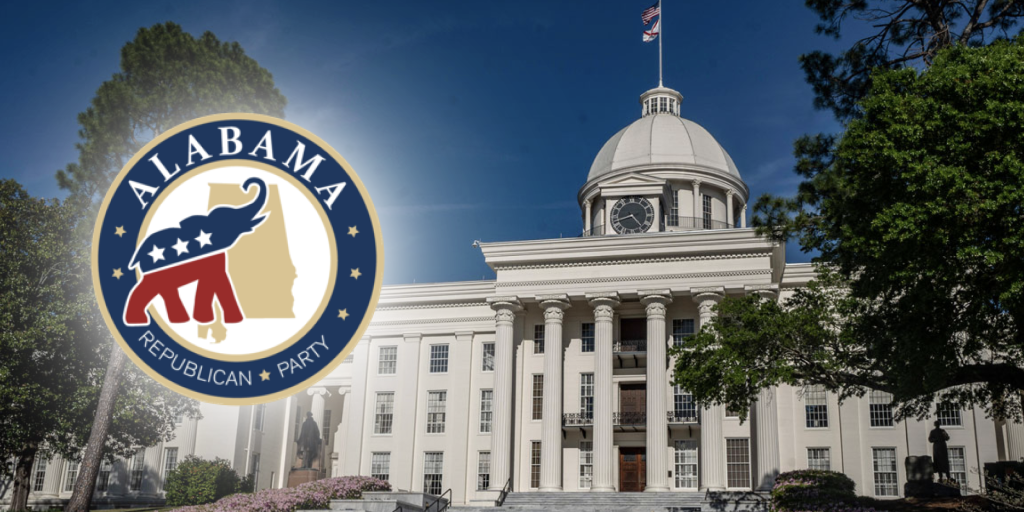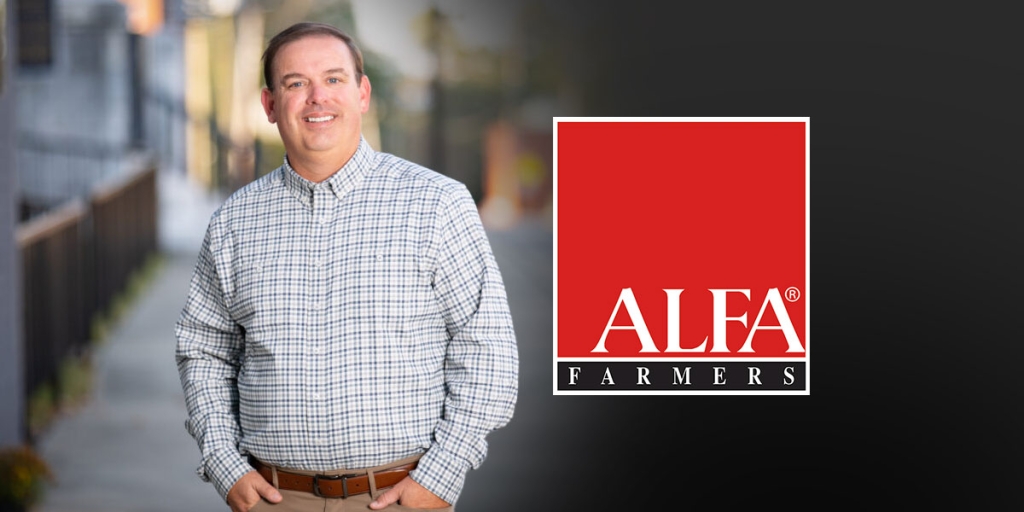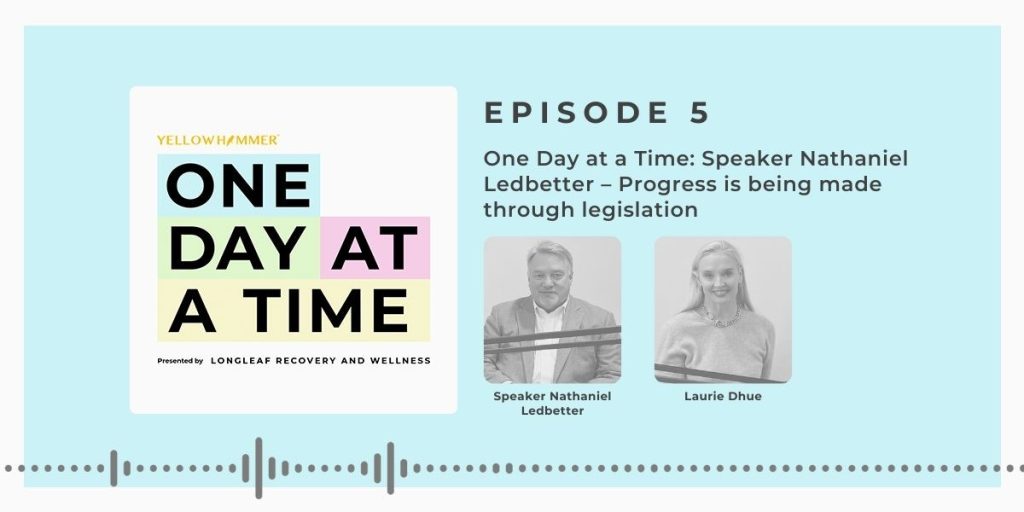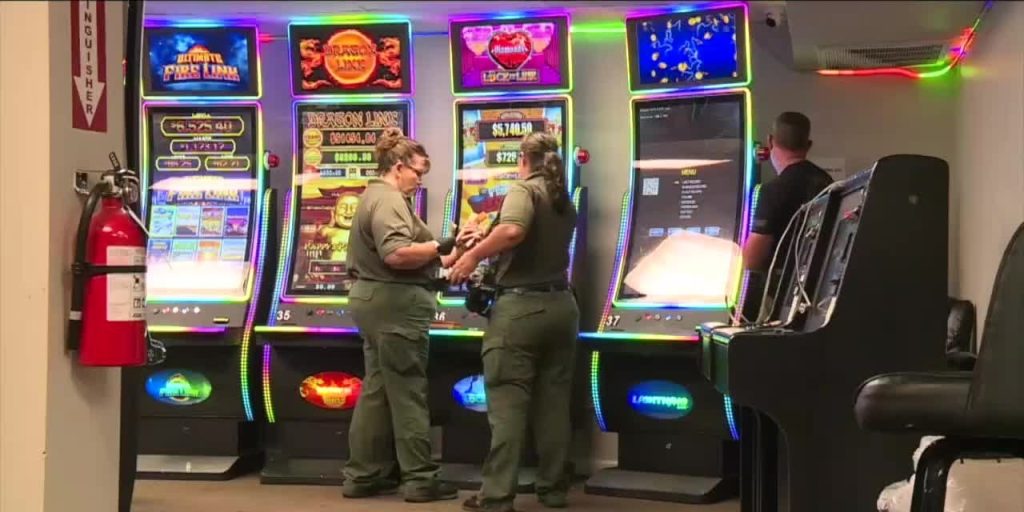State Rep. Leigh Hulsey is working to pass a bill that would make it illegal for clergy members, such as pastors, youth ministers, and church leaders, to engage in sexual acts with individuals under the age of 19 – a statute that exists for school employees.
Hulsey (R-Helena) said the legal ambiguities that have allowed some offenders to evade justice were brought to her attention by a 25-year-old Alabama woman who shared her story of being sexually abused by her youth pastor, when she was between the ages of 16 and 19.
“It’s imperative to recognize that no adult, particularly those in positions of power and influence, should exploit their authority to groom or coerce a younger person into a sexual or intimate relationship,” Hulsey told Yellowhammer News.
“While I believe the vast majority of our state’s clergy uphold ethical standards, enacting HB125 not only shields our young people but also serves as a robust deterrent against any clergy member considering such reprehensible actions.”
The bill stipulates that it would become unlawful for ministers, priests, rabbis, bishops, or other recognized members of the clergy, who are in a position of trust or authority, to engage in sexual acts with individuals under 19 years of age or protected persons under 22 years of age.
That offense would be classified as a Class B felony. Distributing or soliciting obscene material depicting sexual content to or from a child would be classified as a Class C felony, with the potential for a Class B felony charge for solicitation.
Hulsey said the bill will echo existing laws that forbid school employees from engaging in sexual relations with students under the age of 19.
“The primary reason for introducing this bill is to address instances of clergy members exploiting their positions of trust to engage in sexual acts with minors, only to be met with confusion or dismissal by attorneys and/or law enforcement when seeking help due to vague or unclear laws,” Hulsey said.
The Alabama Southern Baptist Association, Alabama Citizens Action Program, and the Alabama Attorney General’s office were consulted in crafting the legislation, Hulsey said.
As for the woman, Ivy Jeter, who came forward and advocated for a change in policy to reflect her personal experience starting at age 13, there is no legal recourse today. Due in part to Hulsey’s initiative, Jeter, now 25, has begun sharing her story.
“I was completely controlled,” Jeter wrote in a Facebook post in September 2023 when she decided to come forward.
“As the years went on, the grooming turned to physically sexual at the age of 16. I was told many things to make me feel that I was enough and I was everything that I needed to be. When I was kissed for the first time in a church parking lot, I just knew it was not normal. When I was touched for the first time in the living room, I just knew that was not normal.”
Jeter details her account of “life-threatening trauma” that still exists from a situation that was technically within the confines of Alabama law. She said that should change.
“So I know, you’re probably wondering what’s been done. Don’t worry, it’s been reported with the police department in the city it occurred in. But in the State of Alabama, age of consent is 16 years old,” she wrote. “But in the eyes of the law, I never said no and I was not ‘forced.’ Manipulation and grooming is not considered in these cases.”
HB125 was moved forward in committee last week, and can be taken up for a full vote of the House this week.
Grayson Everett is the state and political editor for Yellowhammer News. You can follow him on Twitter @Grayson270





